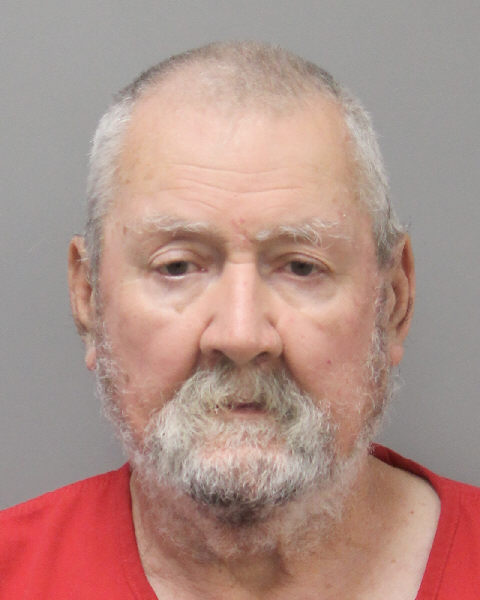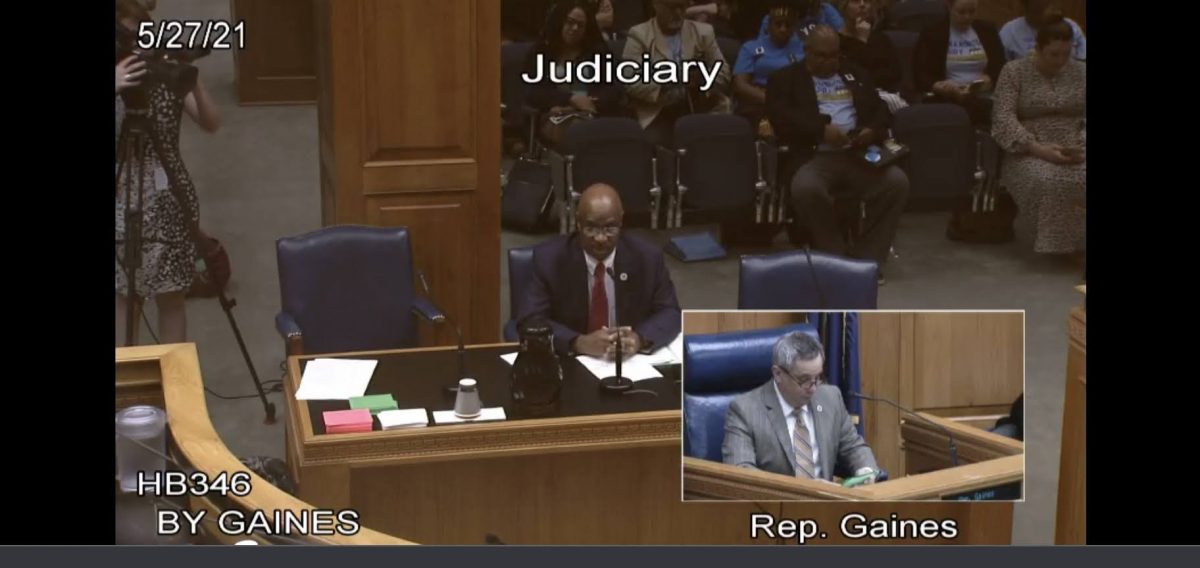
Lafourche DA: Guilty Verdict For Man Who Shot Neighbor Over Loud Music Dispute
May 27, 2021
LDWF: Agents Cite Lockport Man for Crabbing Violations in Jefferson Parish
May 27, 2021A bill to allow 1,500 prisoners who faced non-unanimous juries a chance for parole or other relief failed Thursday in the House Judiciary Committee.
The bill, HB346, was written by the chairman of the committee, Rep. Randal Gaines, D-LaPlace. It won all four Democrats’ support but failed to sway any Republicans. It failed with a 7-4 vote and was voluntarily deferred by Gaines.
“Shame on y’all,” someone shouted as the large crowd gathered to watch the bill left the room.
Over an hour and a half of testimonies were given in support of the bill, from people who faced incarceration from non-unanimous juries and from people who served on them. No opposition to the bill was given.
“Justice delayed is justice denied,” said Will Harrell, the senior policy counsel at Voice of the Experienced, a group that lobbies for changes in the criminal justice system.
Harrell read from a letter from Paul Goins, an inmate counsel at the Elayn Hunt Correctional Center in St. Gabriel. The letter urged the committee to do away with, as Goins put it, “what we all know is a racially motivated system.”
Louisiana was one of only two states – the other was Oregon – that for many decades allowed non-unanimous jury convictions in serious felony cases. Louisiana voters approved a measure in 2018 to ban 10-2 guilty verdicts, and require all 12 jurors to be unanimous, going forward.
Last year, the U.S. Supreme Court banned the use of non-unanimous juries nationwide in cases involving serious crimes. That ruling came as the court considered a 2016 homicide case, Ramos v. Louisiana, that had resulted in a 10-2 conviction.
The Supreme Court also issued a ruling earlier this month that refused to make the requirement for unanimous juries retroactive.
Gaines wrote the bill to try to give those who are currently incarcerated parole or relief on their sentences. There are 1,500 current inmates in the state who were convicted by non-unanimous juries, with 34% of them having served since 2000, according to Jamila Johnson of the Promise of Justice Initiative.
“We have real concerns about the accuracy of these convictions,” said Johnson. “Very often, there’s no witness testimony. There’s no forensic testimony. There are witnesses who say they are not sure that the person is the person who committed the crime. And an insane number of our cases are self-defense.”
Gaines shelved his bill earlier in the session as he wanted to wait for the Supreme Court’s latest decision.
“Courts in both Louisiana and Oregon have frankly acknowledged that race was a motivating factor in the adoption of their states’ respective non-unanimity rules,” Justice Neil M. Gorsuch wrote last year.
Louisiana law and the Supreme Court rulings leave it up to district attorneys to decide what to do about older cases that their offices prosecuted.
By Ryan Nelsen









